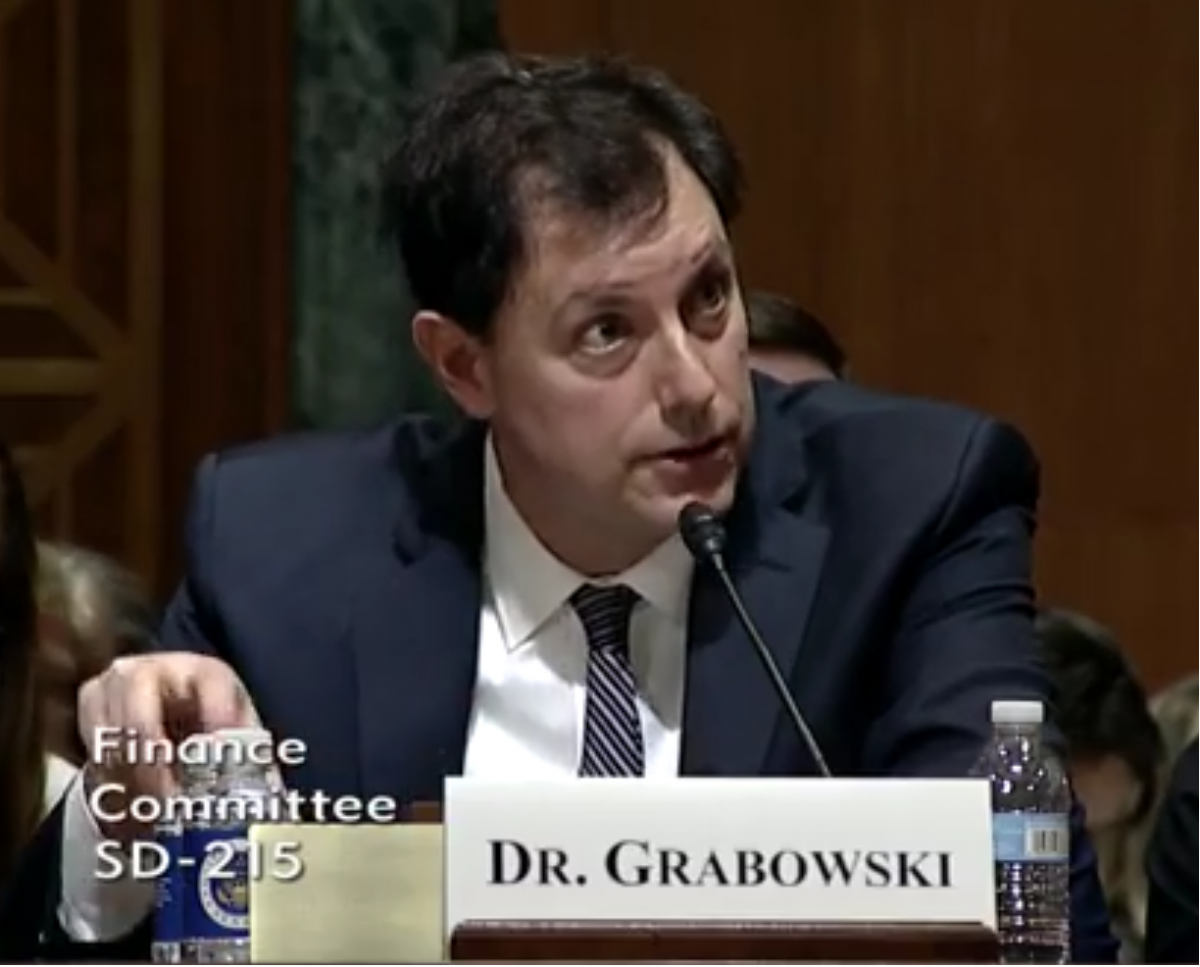
On March 6, 2019, professor of health care policy David C. Grabowski, PhD, testified before the Senate Committee on Finance at the hearing, Not Forgotten: Protecting Americans from Abuse and Neglect in Nursing Homes.
During his testimony, Grabowski stressed that nursing home quality has improved over the last several decades but conditions remain substandard in many nursing homes. Staffing is often low, with poorly trained staff and clinicians that are not consistently present. Care is delivered in ways that save staff time but puts patients at a higher risk of morbidity and mortality. Nursing homes have been cited for unsafe living conditions, abuse, neglect, and a lack of emergency preparedness. Residents in these homes often have a very low quality of life.
Why is low nursing home quality such a persistent problem? Grabowski cited four reasons in his testimony. First, we get what we pay for. Medicaid is the main payer of nursing home services. In many states, the cost of treating Medicaid residents exceeds the amount that Medicaid reimburses the homes for the care. Second, extensive quality of care regulations exist, but are often overlooked, and sanctions are not enforced. Third, many states have certificate-of-need regulations that serve as a barrier to entry and impede quality competition. Finally, many nursing home residents have high levels of impairment and little family support. As such, these residents are unable to monitor and oversee the quality of care.
Grabowski articulated that there is still a lot of work to do in improving nursing home care in the United States. He listed payment for care, enforcement of provider regulations, and increased quality transparency as urgent issues that require policy attention. He suggested that until policymakers address these underlying issues, we will continue to see low quality nursing home care.
The hearing was covered by CNN, Next Avenue, and McKnight’s.